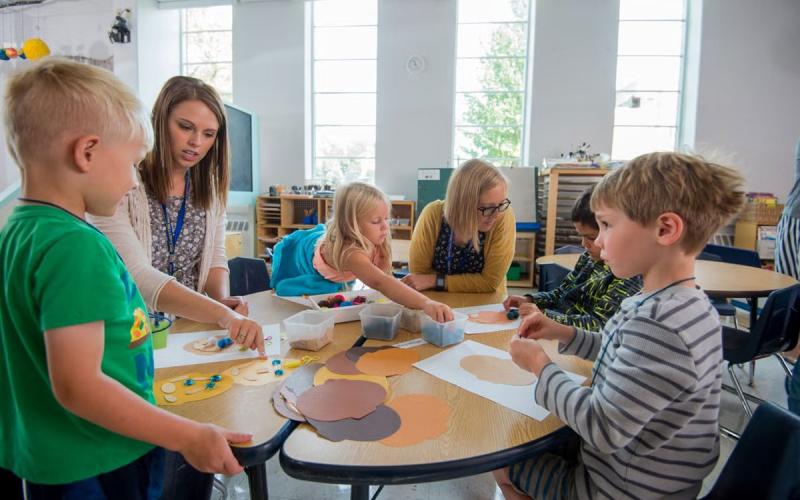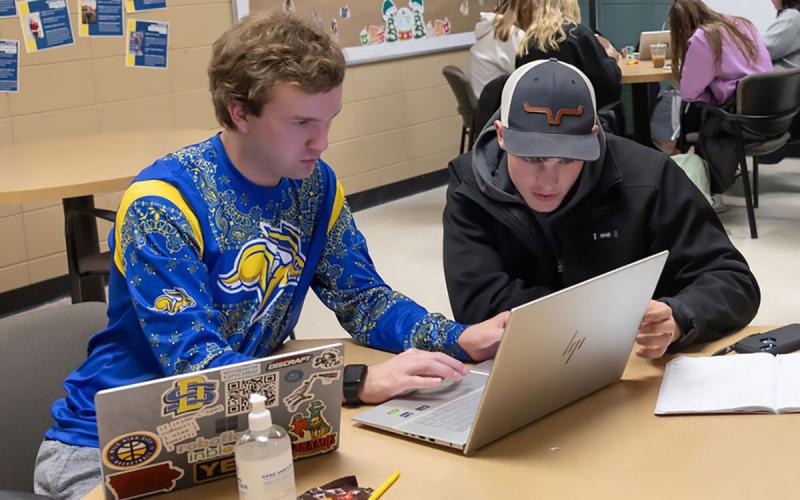Getting kids outside to play and use their imagination is getting harder in this digital, screen-filled world. Parents are using technology to keep kids occupied and teachers and educators are feeling pressure to prepare kids to be proficient tech users.
Did you know? Friedrich Froebel— influential 19th century German scholar who recognized the uniqueness of childhood coined the term kindergarten—emphasized the role of the garden and the importance of nature in development. He believed that humans and nature are connected at a spiritual level, and so outdoor games were an important part of his concept of kindergarten.
Why Play Outdoors?

Using outdoor spaces and nature to create intentional learning opportunities is a great way to fulfill the need for kids to move and use their creative energy. Not only does outdoor play help meet the 60 minutes of physical activity kids need/day, but it also helps build gross motor skills and helps them develop a habit of staying active.
Research shows that older children are more attentive and productive in the classroom when recess—indoors or outdoors—is part of the school day (Council on School Health 2013). Studies have also been conducted on 2–5-year-olds and show that kids who play outdoors sleep better. Besides physical development, social emotional skills such as problem solving, safe risk taking, empathy, and self-control are reinforced by letting kids explore, move, and let loose outside.
Sure, kids can learn a lot from digital technology but getting kids outdoors helps them gain real world knowledge when they are able to pause from the daily schedules and just be themselves.
Things to think about:
- Reflect on your feelings about being outside. What do you enjoy or dislike about being outdoors?
- What are your goals for outdoor play? (These can differ from day to day, depending on children’s needs, the season, and the spaces and materials you have access to for structured versus unstructured activities.)
For more information on early childhood development and resources, contact Audrey Rider.

